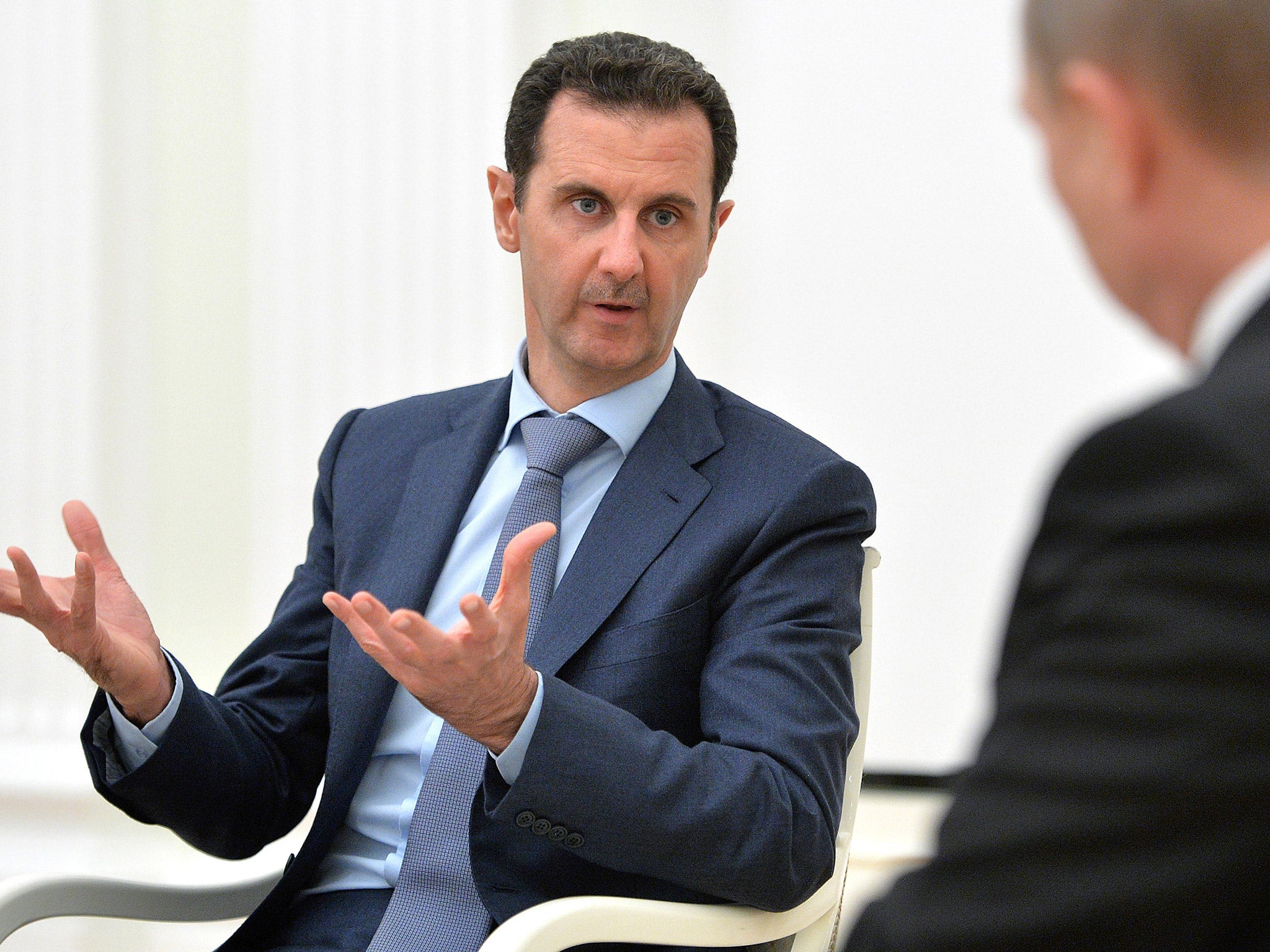Cameron has now committed us to a war on two fronts – against Isis and Assad. So who will we decide is the bigger enemy?
The issue is not a matter of what the UK can tolerate; it is a question of what will work in Syria

Your support helps us to tell the story
From reproductive rights to climate change to Big Tech, The Independent is on the ground when the story is developing. Whether it's investigating the financials of Elon Musk's pro-Trump PAC or producing our latest documentary, 'The A Word', which shines a light on the American women fighting for reproductive rights, we know how important it is to parse out the facts from the messaging.
At such a critical moment in US history, we need reporters on the ground. Your donation allows us to keep sending journalists to speak to both sides of the story.
The Independent is trusted by Americans across the entire political spectrum. And unlike many other quality news outlets, we choose not to lock Americans out of our reporting and analysis with paywalls. We believe quality journalism should be available to everyone, paid for by those who can afford it.
Your support makes all the difference.The government’s majority in favour of its motion on Syria is the first step in a process. The Isis threat is real and the international call for assistance should not be ignored. But questions about how the diplomatic and military strategy will work together remain unanswered. Addressing these concerns is even more important now UK forces are committed if we are to avoid a war on two fronts.
The ‘Isis-first’ approach convinced a majority of MPs. But implicit in that formulation is an ‘Assad-second’ mission. The Prime Minister acknowledged this when he said the campaign against Isis is part of a plan for a stable Syria that cannot include Assad. Yet last night’s vote only authorized the targeting of Isis. While the government believes the defeat of Isis and Assad can be neatly sequenced, the process may be much more difficult to implement.
Firstly, there are doubts about the strength of moderate forces on the ground. The US in particular has never had sufficient confidence to fully back the moderates with weapons. Now western strategy expects the moderates to take on Isis. If – as is likely - the moderates fail does this mean the UK will deploy ground forces?
Second, it is likely that the retreat of Isis will be followed by the strengthening of Assad. This is made more likely by Russia’s intervention on Assad’s side. The retreat of Isis would be welcome but at what point would the Prime Minister shift his attention to Assad? It is unlikely that the battle against Isis would have had a line drawn under it and the risk is that the UK will find itself in a war on two fronts.
Third, following the US lead, the UK has consistently talked about regime change in Syria but it has never been able to implement it. Last night’s vote did not set out any new strategy about how this might be achieved. That position has been a stumbling block in the various attempts to negotiate ever since President Obama committed to regime change in August 2011.
Peace negotiations in Vienna now include regional powers that have leverage over actors on the ground, which is why last night’s motion referred to renewed diplomatic impetus. But that does not answer a fourth question, which is whether the UK would be prepared to tolerate and work toward a peace deal that included a continuation of the Assad regime.
On this, the Prime Minister has a point. The issue is not a matter of what the UK can tolerate; it is a question of what will work in Syria. Accusations that Assad has committed crimes against humanity are obstacles to peace. Assad should face justice at the International Criminal Court. Only then can a sustainable peace be secured in the long term.
It might well be that now is the time for a compromise. To end the Bosnian conflict, western powers tolerated regimes that were led by war criminals. To reach an agreement with Assad before the air strikes would close one of the fronts in the civil war and that would mitigate the risks of mission creep for the UK.
Join our commenting forum
Join thought-provoking conversations, follow other Independent readers and see their replies
Comments